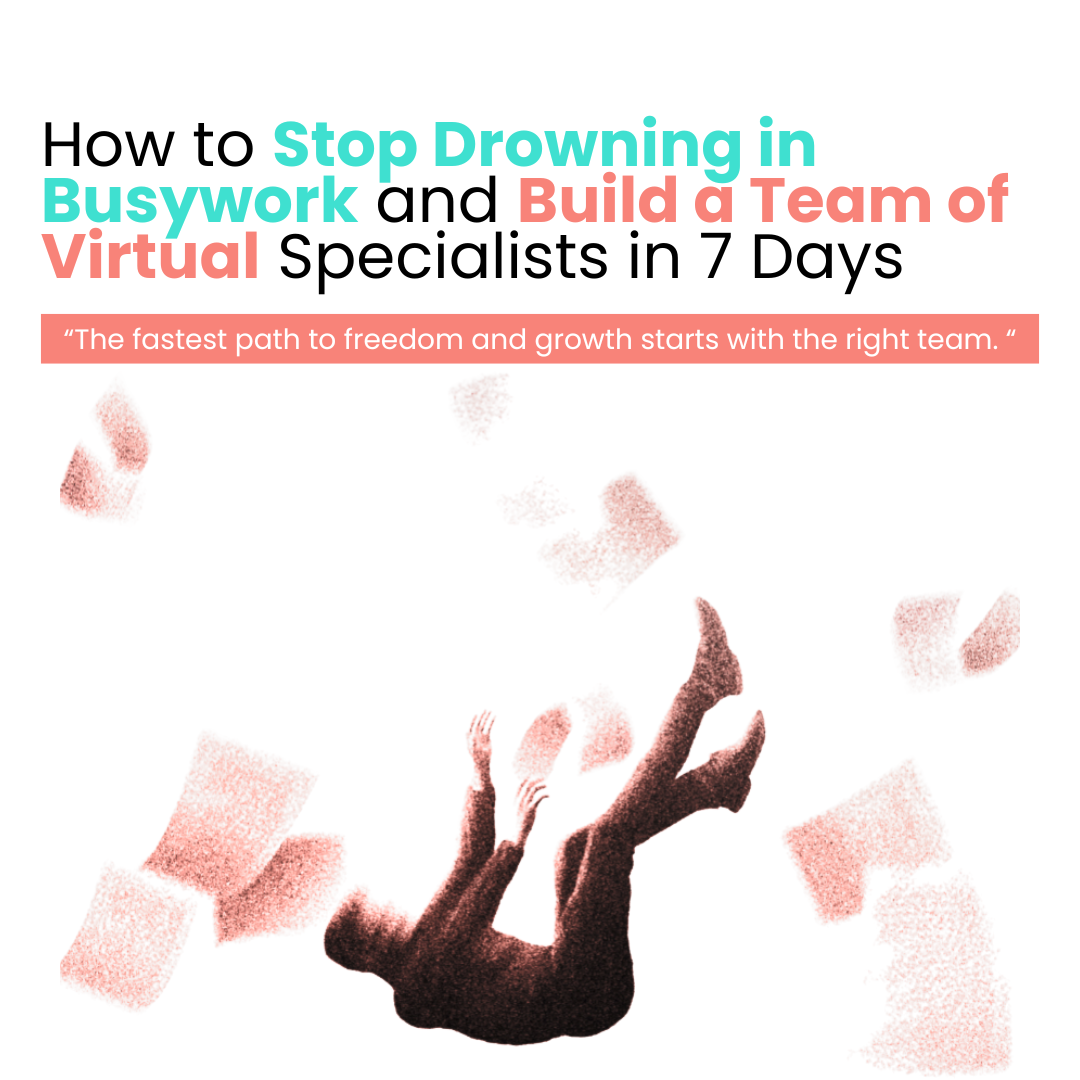How to Use ChatGPT for SEO to Boost your Rankings
ChatGPT boosts SEO by helping you research keywords, create optimized content, write titles and meta descriptions, improve link-building, and analyze data to enhance rankings.
ChatGPT has quickly become everyone's favorite artificial intelligence (AI) companion. Developed by OpenAI, this advanced chatbot has already found its place in the workplace and even in schools due to its impressive capabilities. Powered by AI and vast amounts of data, ChatGPT engages users in natural, conversational interactions. It excels at answering follow-up questions, refusing inappropriate requests, and even challenging faulty assumptions. The things you can let it do even extend to various tasks, such as generating software documentation, writing ad copies and reports, and even producing boilerplate code for software developers.
Indeed, ChatGPT is rapidly gaining recognition for its potential in digital marketing. However, within the realm of search engine optimization (SEO), the use of AI-generated content has become a hotly debated topic. Many wonder whether it is acceptable to employ AI-generated content and whether it will eventually replace the need for human copywriters, consequently impacting SEO practices.
Undoubtedly, artificial intelligence and machine learning are bringing significant changes to SEO optimization and the content landscape. So rather than viewing it negatively, it is wiser to embrace these advancements and explore the vast opportunities they present.
In this blog post, we will delve into the ways you can harness the power of ChatGPT to create compelling content and uncover how to leverage ChatGPT for effective SEO strategies.
Related Article: 7 Basic SEO Tips For Beginners This 2025
DELEGATE SMART. SCALE FAST.
The step-by-step guide to reclaim your time and grow with confidence.
Can ChatGPT optimize for SEO?
A fundamental aspect in order to rank on search engine result pages and do well on SEO is to have relevant and valuable content. Search engines now assess content based on its relevance and reliability. This means that Google and other search engines evaluate whether the author of the content is an expert in the relevant field, whether the website or company is considered an authority in the industry, and whether the content itself is factual, reliable, and based on verifiable information.
To optimize your content effectively, ChatGPT can assist you in multiple ways. Firstly, it can help ensure that your content remains recent and credible. By giving the right instructions to the chatbot, you can weed out any unsubstantiated claims, ensuring that your content maintains its credibility. Furthermore, ChatGPT can offer creative suggestions on how to incorporate relevant keywords seamlessly into your content, enhancing its optimization for search engines.
Overall, ChatGPT can be a valuable resource in your SEO efforts, helping you create content that is both trustworthy and optimized for search engine visibility.
How to use ChatGPT for SEO?
1. Research Keywords
ChatGPT simplifies the process of keyword research, making it incredibly convenient. All you have to do is engage with the chatbot and input a few of your desired keywords, requesting additional related ones. With its comprehensive understanding of search results, ChatGPT swiftly generates a list of associated keywords.
Moreover, ChatGPT provides valuable insights into the popularity and relevance of your chosen keywords. It can also offer synonyms and other related phrases that can enhance the keyword density and effectiveness of your content.
2. Write Titles and Meta Descriptions
ChatGPT is a valuable tool for crafting compelling title tags and meta descriptions to optimize your web pages. Title tags assist search engines in assessing the relevance of your webpage to a user's query. Meanwhile, meta descriptions offer additional information to users, aiding them in deciding if the web page's content meets their needs. Although Google doesn't consider meta descriptions as a ranking factor, a well-written one can increase click-through rates, driving more traffic to your site.
3. Write Copies and CTAs
Utilize the power of ChatGPT to generate captivating copies for your landing page, along with persuasive call-to-action (CTA) messages to grab attention and generate website traffic. Having compelling content on your landing pages is crucial as it entices visitors to move deeper into the marketing funnel, ultimately leading to conversions.
ChatGPT helps you in creating copies that align seamlessly with your branding and design while effectively catering to the interests and needs of your specific target audience. It's essential to remember that search engines consider various factors, including content, when ranking web pages. Therefore, having strong messaging on your landing page is of utmost importance.
Related Article: How to Get Free Traffic From Google in 2025
4. Write Service and Product Descriptions
Product and service descriptions that are SEO-friendly are key ingredients in eCommerce success. Not only do they help convert leads into sales, but they can also propel eCommerce websites to the top of search results. With this in mind, you can use ChatGPT to create product and service descriptions that illustrate your catalog while utilizing appropriate keywords to appear in searches. Among the things to watch out for in writing product descriptions are length, keywords, and buyer awareness for each product or service. Let AI worry about all these and generate effective, SEO-friendly product descriptions to increase your sales.
5. Categorize Content for Semantic SEO
Semantic SEO is a recent development in SEO marketing, where the focus shifts from individual keywords to the meanings and topics behind keyword searches. When a user inputs a query, the search engine tries to understand the intent of the search to provide more relevant results instead of simply returning web pages that contain the search keywords.
ChatGPT helps in semantic SEO in two ways: first, categorizing content so that search engines can understand the main idea of your webpage and let it appear on related searches; and second, helping you recognize the intent of relevant keywords so you can adjust your content accordingly. There are many words that can have different meanings in different contexts, and ChatGPT can help you identify them and use the proper words. This decreases the chance that your website will show up in unrelated searches, all because you used the keyword in a different context.
ChatGPT can also help you identify similar words and phrases that you can use to avoid keyword stuffing, which lowers your SEO ranking. By using synonyms and variations of keywords, you can signal to search engines that your content is relevant and useful.
6. Improve Link Building Strategy
Link building is an important SEO element that involves strategic planning. While there are plenty of link-building tools to help you, ChatGPT can also be utilized to augment your campaigns. You can ask ChatGPT for some of the best practices on link building, provide you with information on strategies for effective link-building campaigns, and even improve your backlink analysis.
7. Analyze, Create, and Manage Reports
Central to SEO marketing efforts, aside from content, are analytics. There’s no use in doing all these SEO strategies if you don’t monitor and measure them regularly. ChatGPT can also be useful in this regard.
ChatGPT can draw out data subsets from a report, summarize findings, and give you spreadsheet formulas if you need them. It can also help you pinpoint ranking opportunities that you can still take advantage of.
Related Article: How To Get Backlinks For SEO: 5 Proven Tactics
Conclusion
Smart Virtual Assistant
👍🤵
Smart Virtual Assistant 👍🤵
As AI-driven tools like ChatGPT continue to shape the future of digital marketing, businesses that learn how to integrate these technologies into their SEO strategies will gain a clear competitive advantage. From keyword research and semantic optimization to content creation and analytics, ChatGPT empowers you to work smarter, create faster, and rank higher.
Partner With a Smart VA Team Now! If you’re ready to elevate your SEO efforts without the overwhelm, our expert virtual assistants can help you implement AI-powered strategies, streamline content creation, and optimize your online presence. Let our Smart VAs handle the heavy lifting so you can focus on growing your business with confidence.
FROM OVERWHELMED TO CEO IN 7 DAYS
Your shortcut to building a team of specialists who keep your business moving without you doing it all.
Frequently Asked Questions:
-
ChatGPT has taken the world by storm. Many have asked if it is the new way to do a search. This question is intriguing given the potentially massive impact on the search engine business space and the competitive elements therein.
While this OpenAI-developed chatbot isn’t a direct competitor for Google, per se, it is changing the way searches are performed. And this will dramatically alter the shape of search engine optimization. -
A world where ChatGPT-generated content becomes standard is a world without differentiation in quality. It’s not a world of super content — a half-decent writer will outperform ChatGPT, at least for now. It’s a world of homogeneous content.
Consider this: if AI-generated content gets published to your website, why would your target audience not simply open a ChatGPT window and ask the question directly? The output would be similar if not the same.
Now extend that problem to your competitors. What if they generate articles with the same topic using the same AI tool? The differentiation is gone. Because the content will be extremely similar, you will need to outperform your competitors solely through things like backlinking and technical SEO, both of which are smaller pieces of the pie than the content itself.
That is, if your AI content even reaches the index. If you’re late to the party, Google may not even want your AI article. Your competitor already published the same thing. Why index two identical articles? A lack of differentiation is a key reason why ChatGPT’s usage in SEO should be controlled. -
Yes, ChatGPT can assist by generating keyword variations, related search terms, and semantic keyword groups. From our POV, it’s a powerful brainstorming tool—but we still combine its insights with real SEO data tools to ensure accuracy and search volume relevance.
-
It can, but only if used strategically. From our standpoint, AI content must be edited, fact-checked, and improved by humans to meet Google’s quality standards. We ensure every AI-assisted piece goes through expert refinement to keep it original, helpful, and rank-worthy.
-
ChatGPT supports your SEO by helping craft titles, meta descriptions, topic outlines, customer-focused content, and even link-building outreach. Our team uses ChatGPT as an enhancement tool—not a replacement—to make your SEO stronger, faster, and more efficient.
Ready to Work Smarter, Not Harder?
Smart VAs provides a team of highly skilled specialists from around the world, ensuring seamless support no matter the time zone. We take pride in delivering efficient, fast, and high-quality service so you can focus on growing your business. With one subscription plan, you gain access to a complete team of digital marketing experts that’s customized to your unique needs, eliminating the need to train and look for one yourself!






